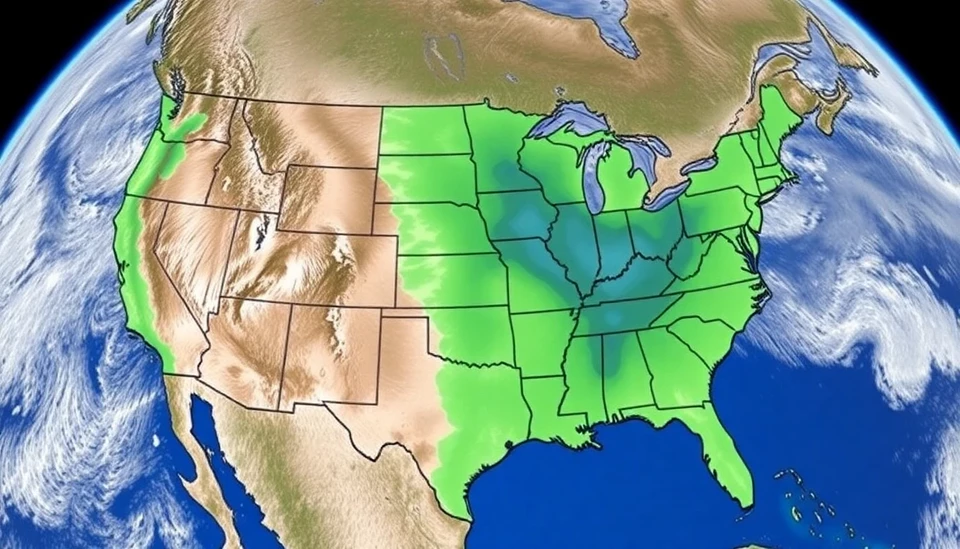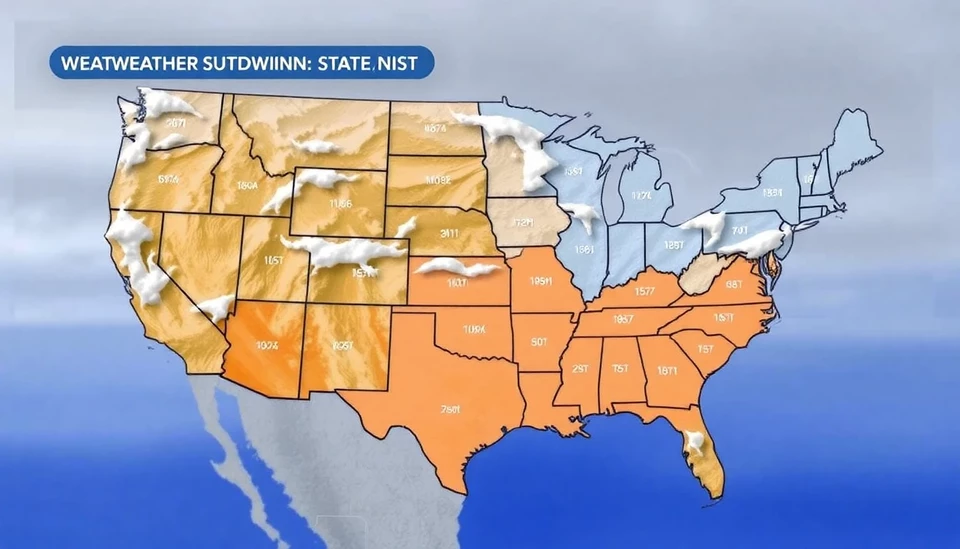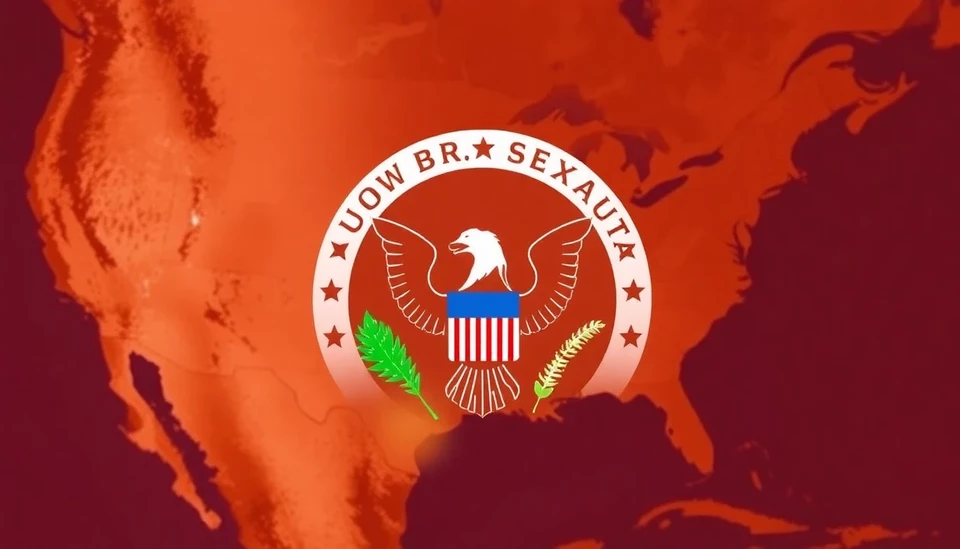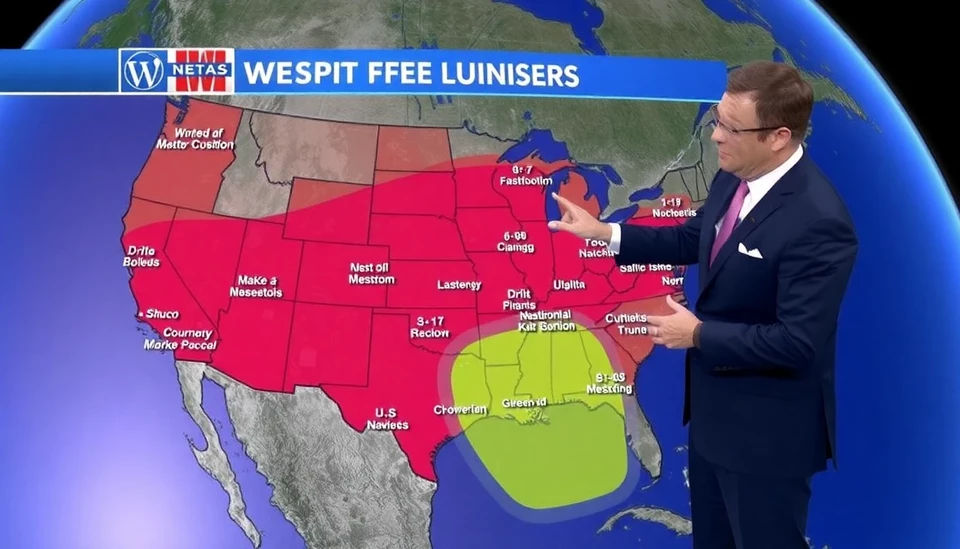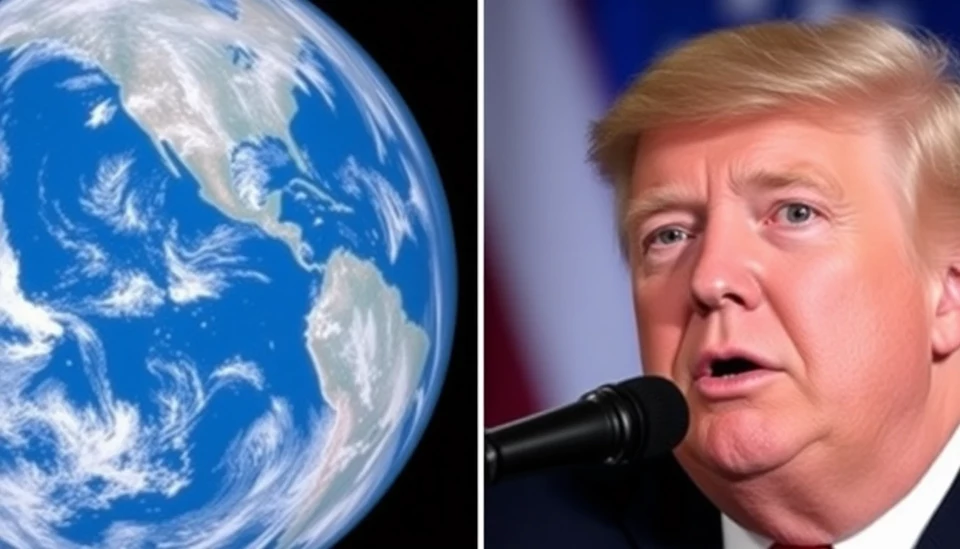
In an unexpected twist of political maneuvering, former President Donald Trump is pushing for significant alterations at the National Oceanic and Atmospheric Administration (NOAA), the U.S. government agency that operates one of the world's foremost climate and weather research systems. His latest campaign seeks to put his loyalists in key positions, advancing a controversial agenda that could fundamentally reshape how America prepares for climate-related events and potential disasters.
This initiative comes on the heels of Trump’s previous conflicts with scientific protocols and traditional methodologies, particularly surrounding hurricane predictions and climate change evidence. Many within the scientific community and government are voicing concerns that such a political infusion into a primarily scientific agency could lead to detrimental effects on the operations and credibility of NOAA.
Among those affected are seasoned experts who fear that their scientific integrity may be compromised. Reports indicate that Trump is keen on appointing individuals aligned with his ideology, who may prioritize political allegiance over empirical science. This shift could undermine NOAA's mission to deliver accurate weather forecasts and climate data, which are critical for public safety and policy-making.
NOAA has historically operated on a bipartisan basis, emphasizing data-driven decision-making. With Trump's imposition of his figures, there is apprehension about the departure from rigorous scientific inquiry towards a more politicized atmosphere. Experts warn that, if implemented, such changes could lead to unqualified leadership and a departure from the standards that have positioned NOAA as a leader in global meteorological research.
The agency is also integral to establishing national policies aimed at combating climate change, a critical issue that transcends political divides. If NOAA’s function shifts significantly towards a politically motivated framework, many fear there may be a reduction in the robust research necessary to inform environmental policy and disaster preparedness.
Furthermore, past incidents during Trump’s administration have illustrated how easily misinformation can spread when scientific positions are politically influenced. For instance, famously infamously altered forecast maps during the 2019 hurricane Dorian incident served as a stark reminder of the potential dangers of political interference in scientific matters.
As the landscape of climate science and weather forecasting evolves, the potential changes at NOAA could represent a pivotal moment in how America interacts with and understands climate issues. Agencies like NOAA are tasked with not only forecast production but also the development of a long-term strategy for climate resilience, which could be jeopardized by shifting priorities.
In conclusion, the unfolding developments at NOAA raise salient questions about the implications of intertwining politics with scientific agencies. Stakeholders, including scientists, policymakers, and the general public, must remain vigilant to ensure that decisions made in the wake of these political shifts uphold the integrity and effectiveness of crucial scientific programs.
For now, the fate of NOAA under Trump's targeted restructuring will be closely monitored, as the ramifications of such changes could resonate well beyond the confines of the agency's offices and laboratories.
#NOAA #ClimateChange #WeatherForecasting #DonaldTrump #SciencePolicy #PoliticalInterference #Meteorology #PublicSafety
Author: Megan Clarke
